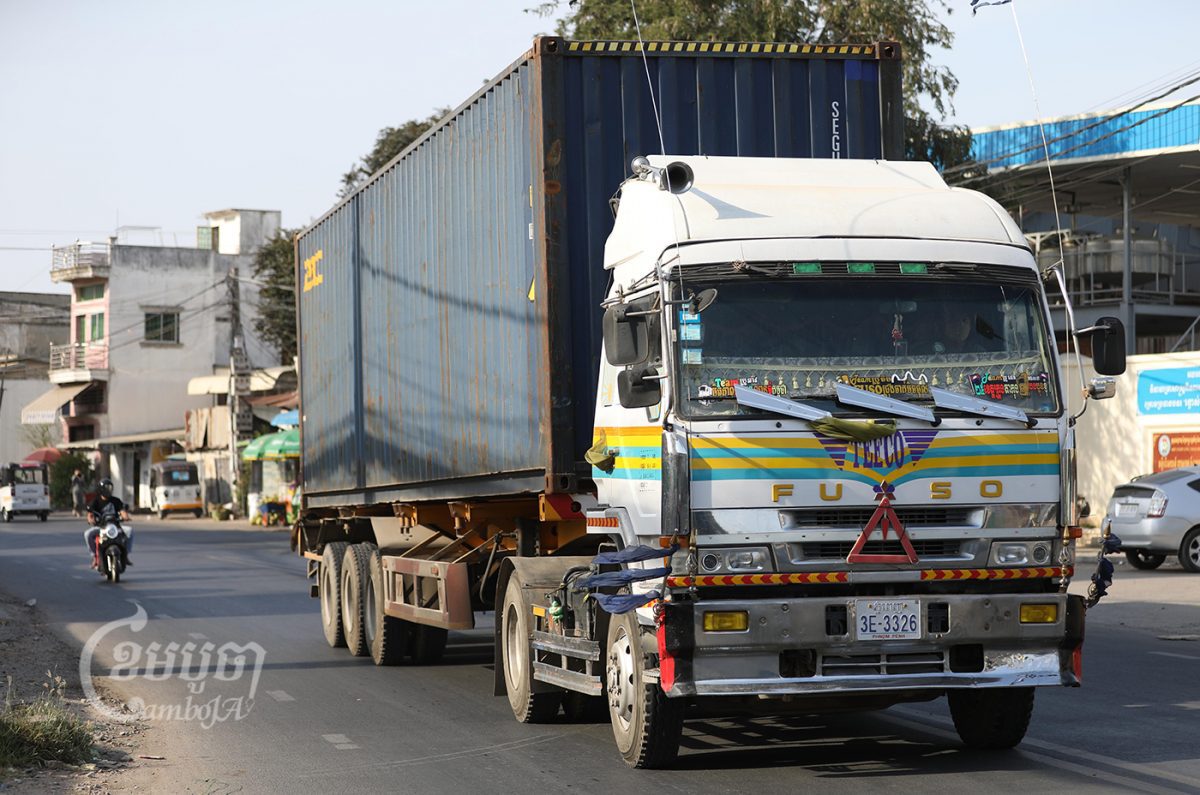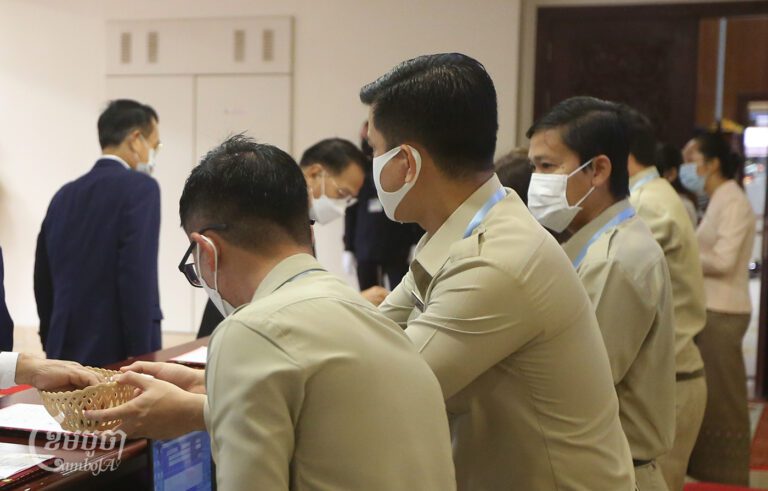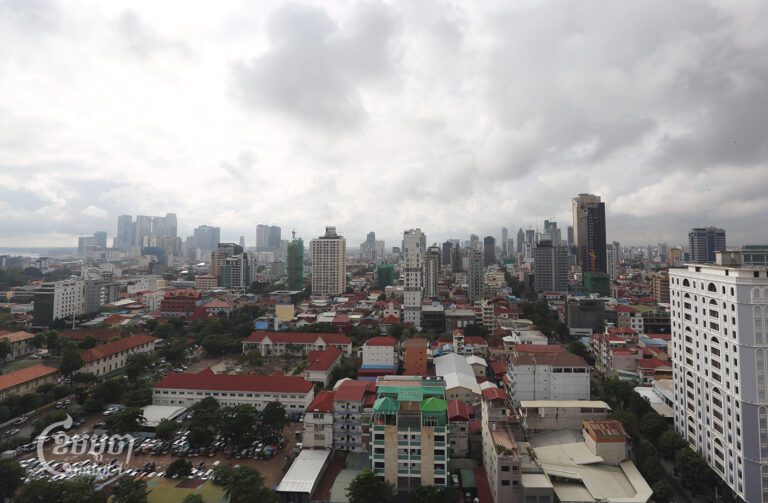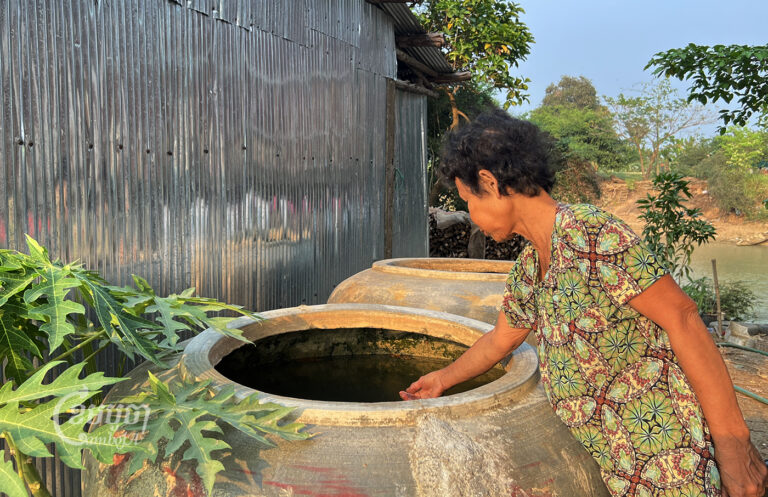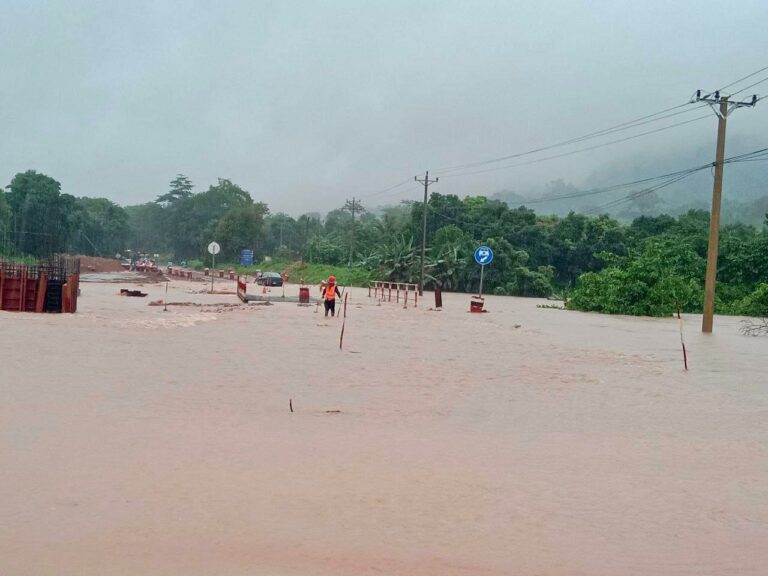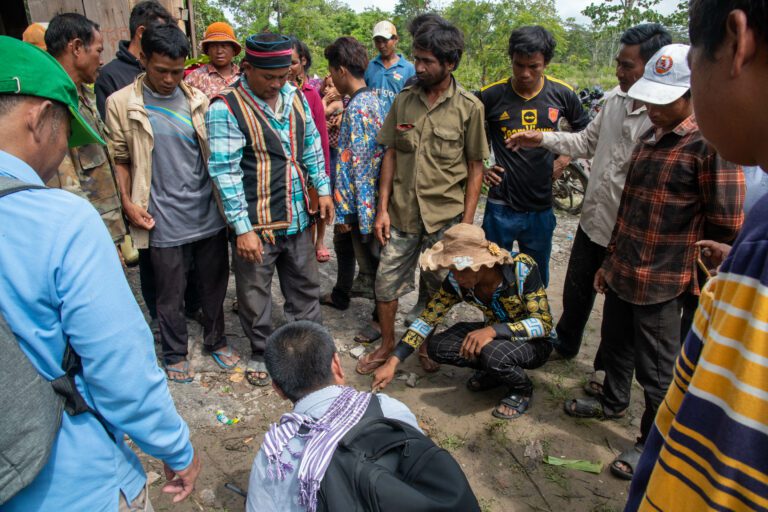Cambodia was among the countries in East Asia worst-hit economically by the COVID-19 pandemic, a new World Bank report has found, noting that the country needs to now focus on diversifying exports and increasing productivity in order to recover.
Cambodia’s growth rate plunged more than 10% in 2020, rebounding only slightly last year, and ease of doing business remains a concern for investors. There are also low levels of domestic investment, the Cambodia Economic Memorandum found.
Just five products account for 80% of the country’s recent imports – rice, cassava, footwear, garments and tourism – the report added, and the US and EU are the two main markets.
“Getting back to a sustainable growth path will require an ambitious reform agenda that focuses on improving the capabilities of Cambodia’s firms, workers, and households; strengthening regulations to address market distortions and improve the enabling environment for business; and investing in infrastructure that supports higher quality growth,” said the World Bank’s country manager for Cambodia Maryam Salim.
The organization cited declining productivity, low quality, and weak export linkages as other problems that need to be addressed.
“Cambodia’s inability to grow the product basket is explained by low labor productivity, or output per worker, which lags behind most countries globally when at Cambodia’s development level,” the report said.
“Low competitiveness and limited integration within global value chains have led to concentrated markets and trade,” it added.
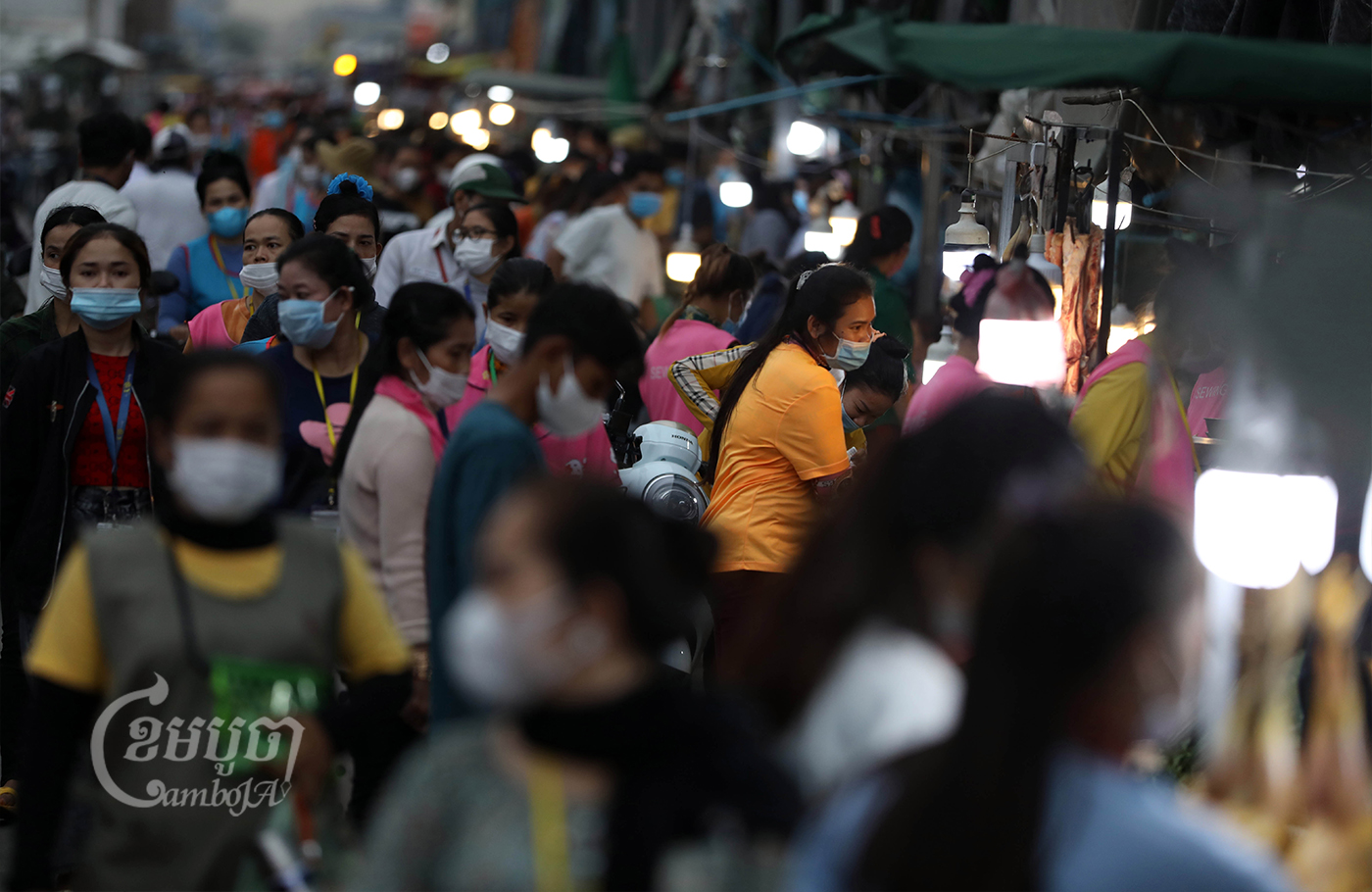
However, the Ministry of Commerce said that the findings did not fully reflect the government’s efforts to diversify markets.
“The findings are not completely accurate, and they should elaborate on the government’s efforts,” said Undersecretary of State Pen Sovicheat.
“The Ministry of Commerce is working to promote competitiveness in both international and domestic markets,” he added.
He acknowledged that while the EU and US are the country’s main export markets, the government is also diversifying – with other markets including China, Japan, and South Korea.
“We still have other market destinations, especially regional markets through free trade agreements, and this proves that we have done more than the report found,” he said.
Cambodia has entered Free Trade Agreements with China and joined the Regional Comprehensive Economic Partnership (RCEP) among Asia-Pacific nations. Sovicheat also noted that in the first quarter this year, Cambodia will sign an FTA with South Korea.
The World Bank has forecast growth of 4.5 percent for Cambodia in 2022.
Last year, the European Chamber of Commerce’s Business Confidence Survey found Cambodia faced challenges both because of the pandemic and because of its partial lack of access to the EU market over human rights concerns.
The survey found there was some concern over non-transparent practices and unofficial fees, with both cited as growing obstacles to doing business in Cambodia.
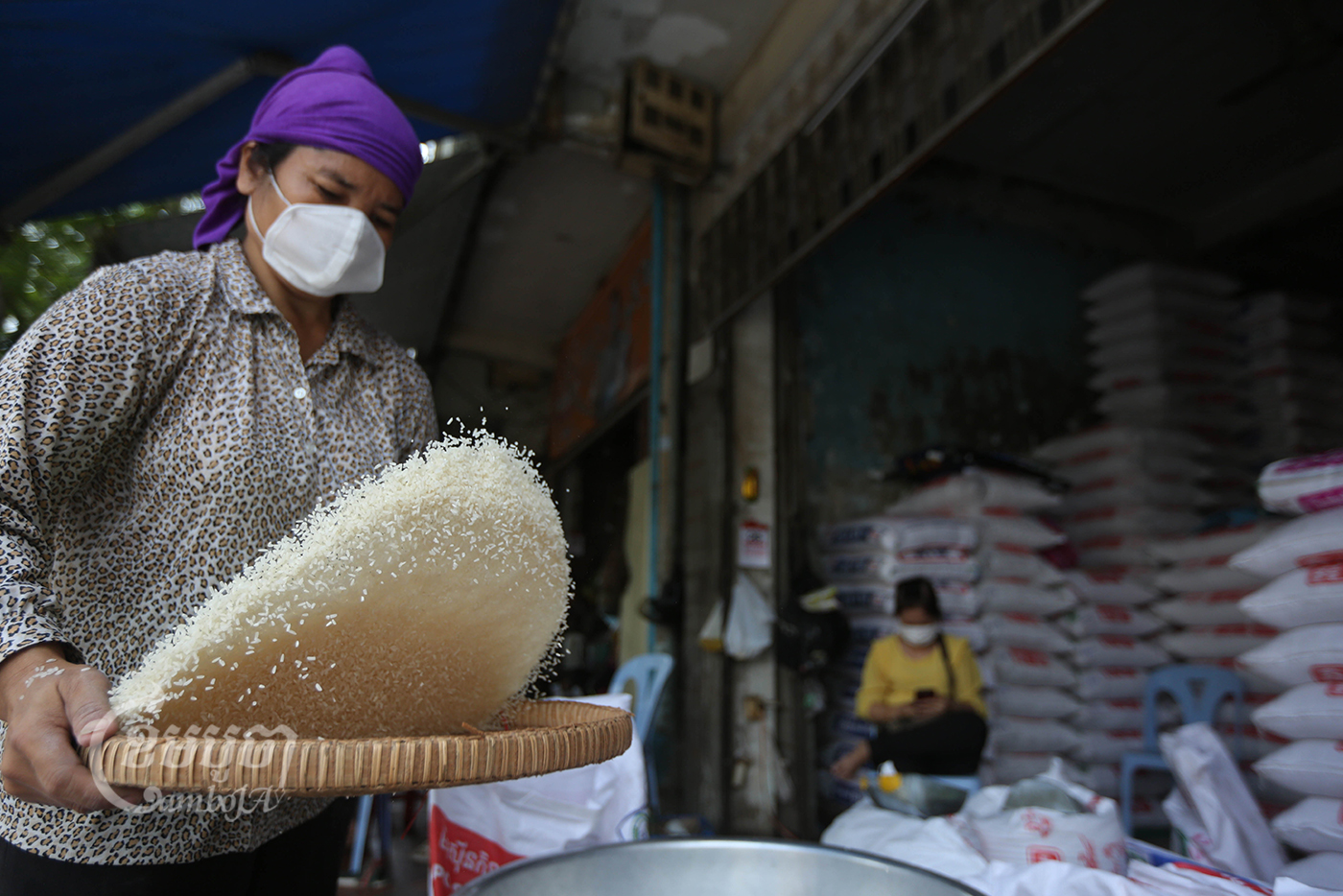
But Anthony Galliano, group CEO of financial services company Cambodian Investment Management Holding, said the country has made significant progress in business regulatory practices and has demonstrated a deeper commitment and compliance to international agreements.
He said electricity costs are falling, and infrastructure is continually being upgraded, resulting in an improved investment climate.
“On the downside, the degree of Cambodia’s overall global value chain connectivity is limited to only a few industries, led by textile products, leather and footwear,” he noted.
“Cambodia’s strongest connection is with ASEAN as a bloc and regional countries and will need to expand to improve connectivity to the global value chain.”
He said to further improve the country’s participation in the global value chain, competition from the informal sector needs to be addressed and the workforce better educated. There needs to be improved access to financing and transportation, business licensing needs to be made easier, and customs and trade regulations need to be improved.
Sin Chanthy, president of the Cambodia Logistics Association, agreed that the high cost of transportation – 20 percent higher than Thailand and Vietnam – remains a challenge.
“This makes the country less competitive with neighbors and in the region,” he said.
Chanthy said Cambodia will not be able to compete while it remains reliant on neighboring countries’ infrastructure for exports.
“Because our sea port cannot receive huge ships, long-haul exportation costs us more,” he said. Japan is currently helping develop a new port in Sihanoukville that will be able to receive larger vessels.


